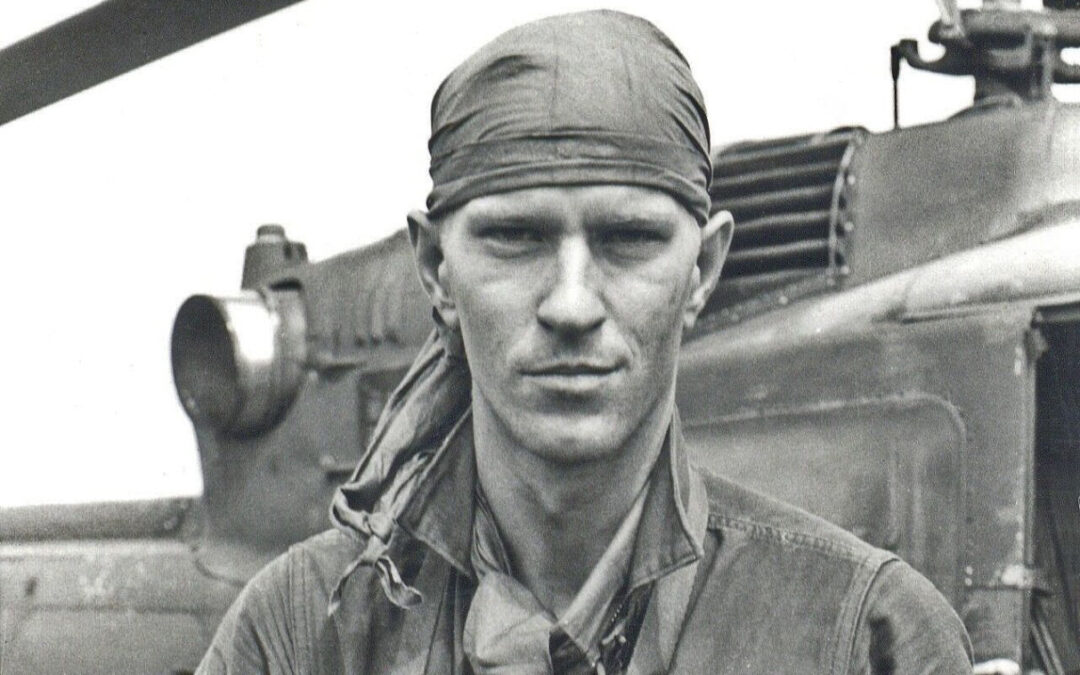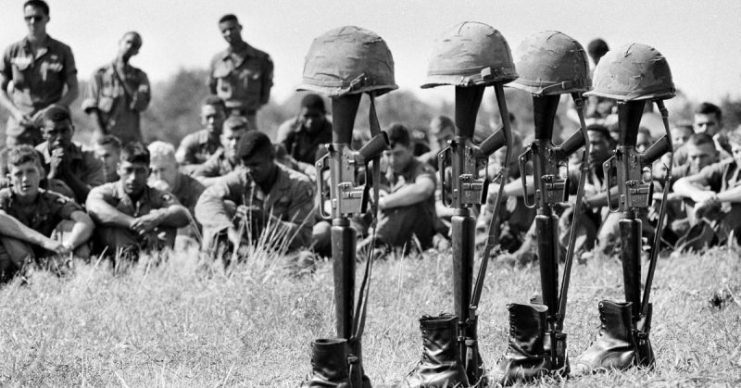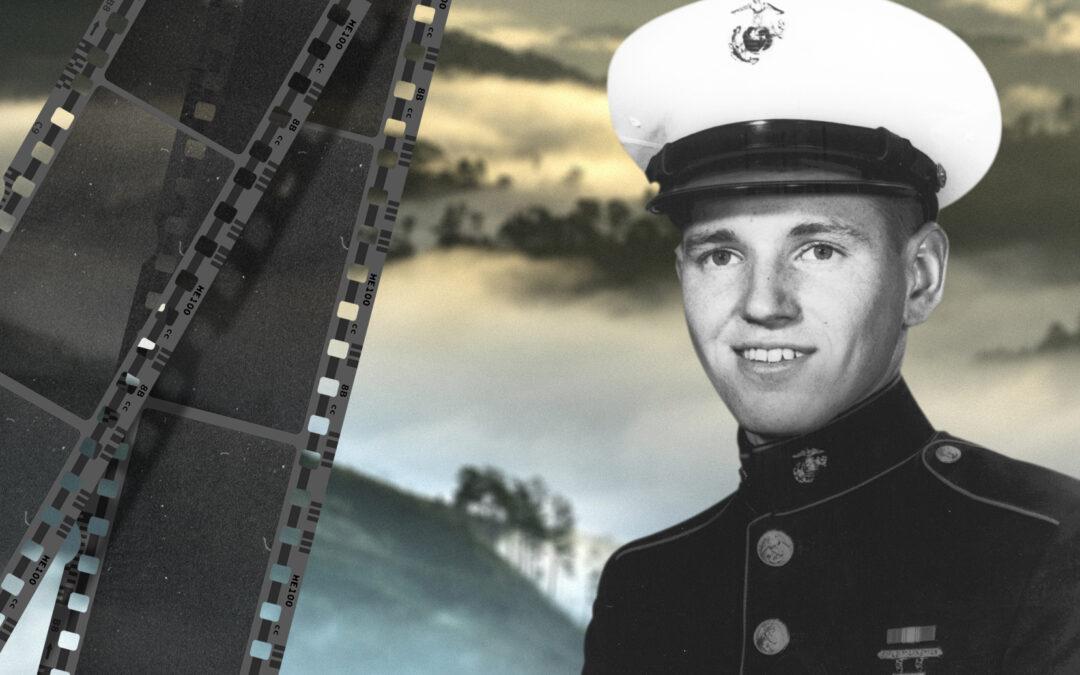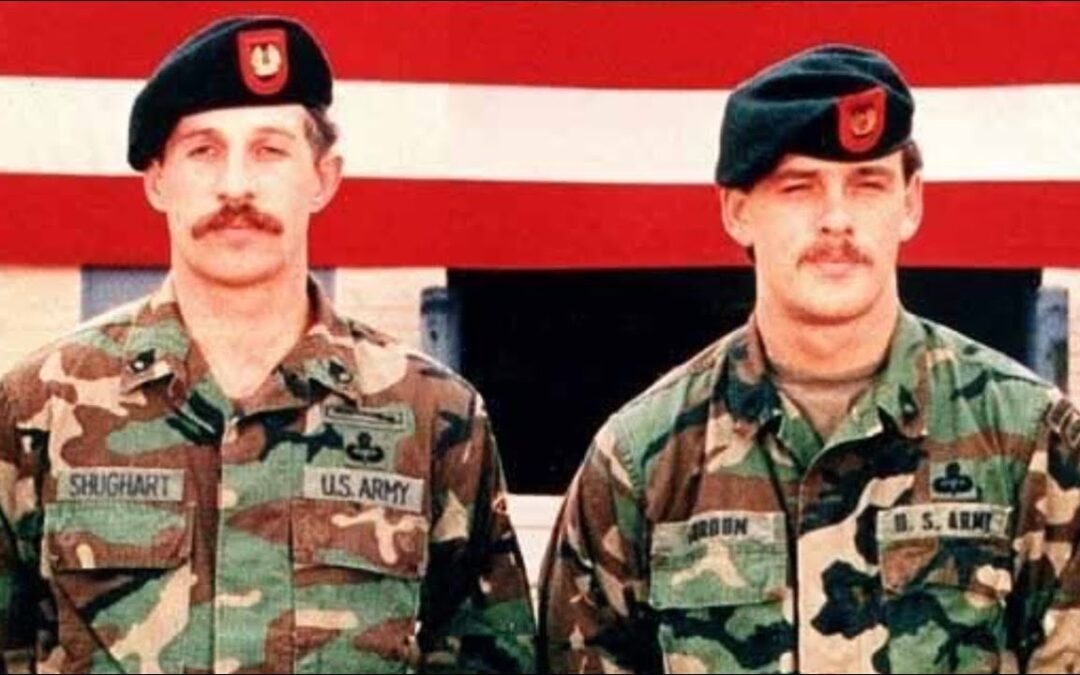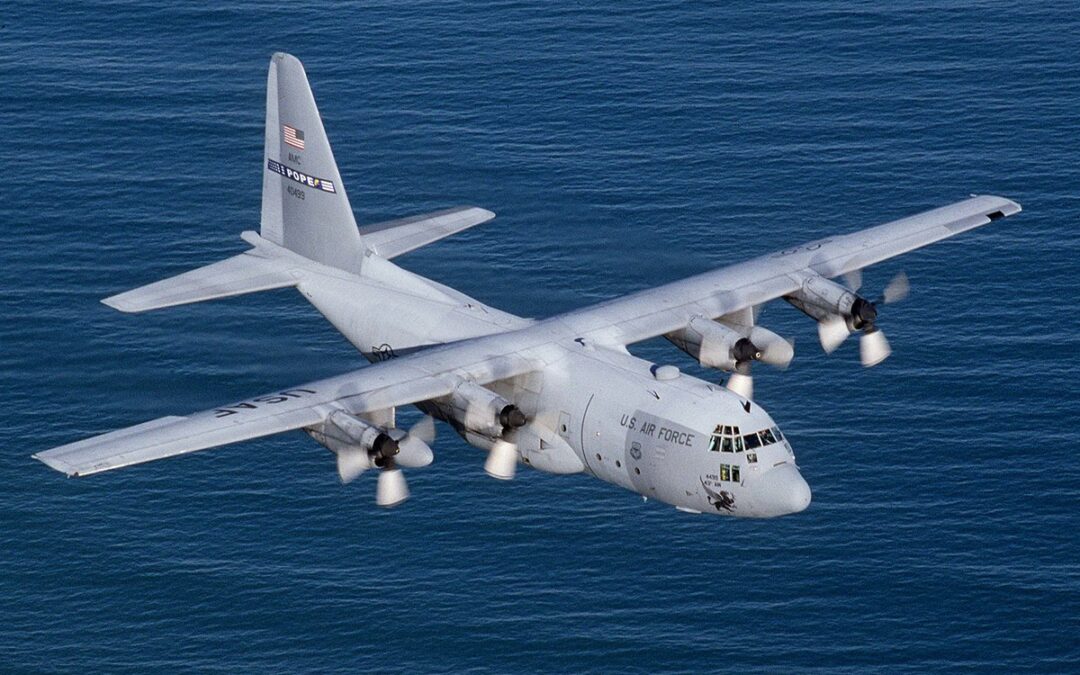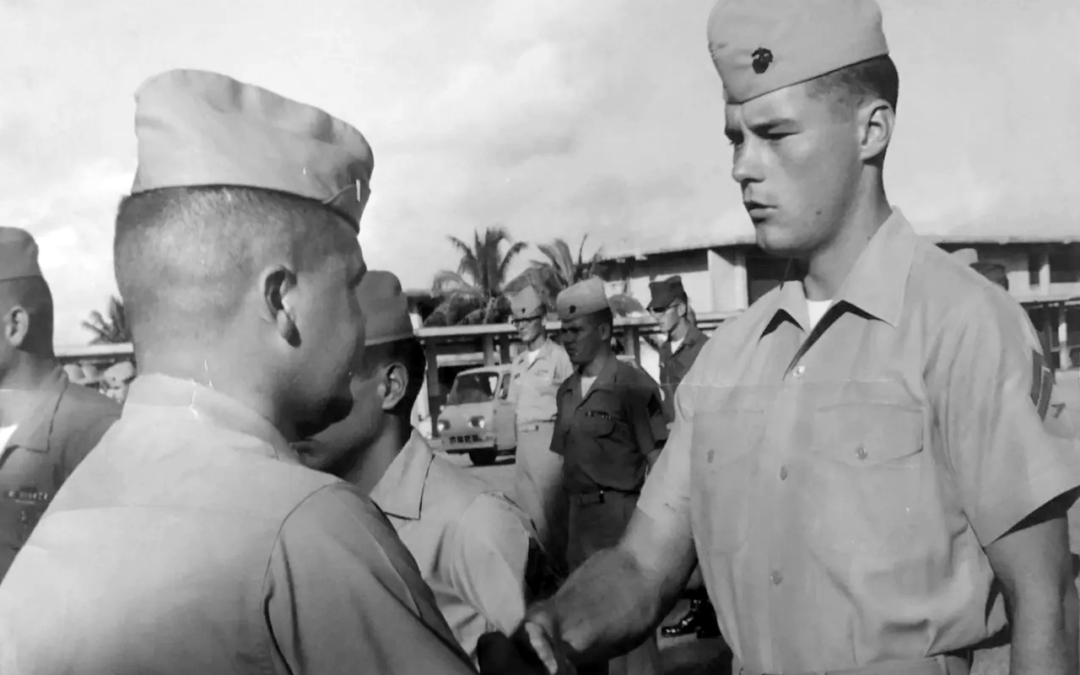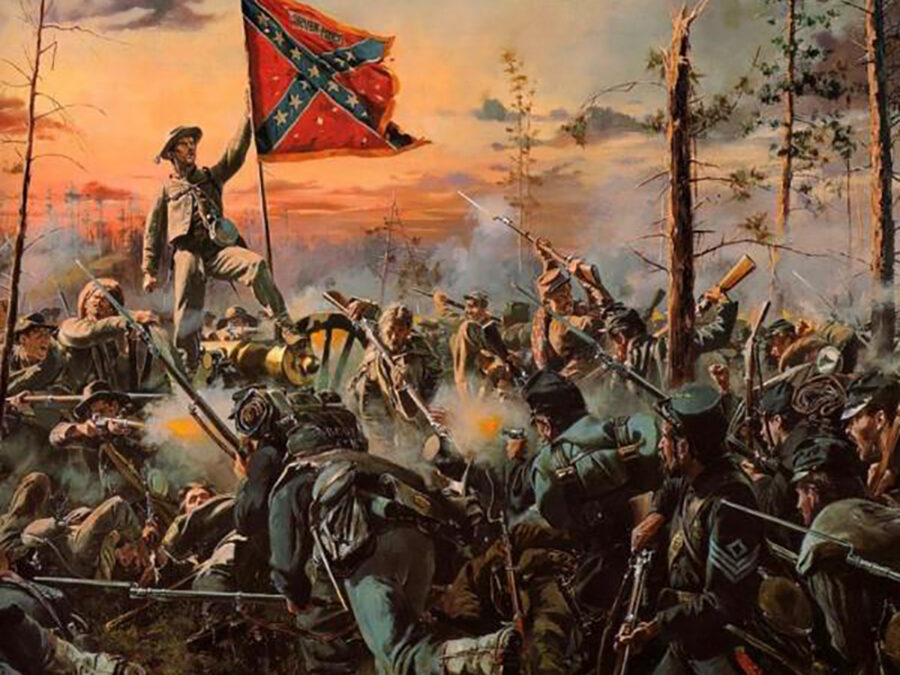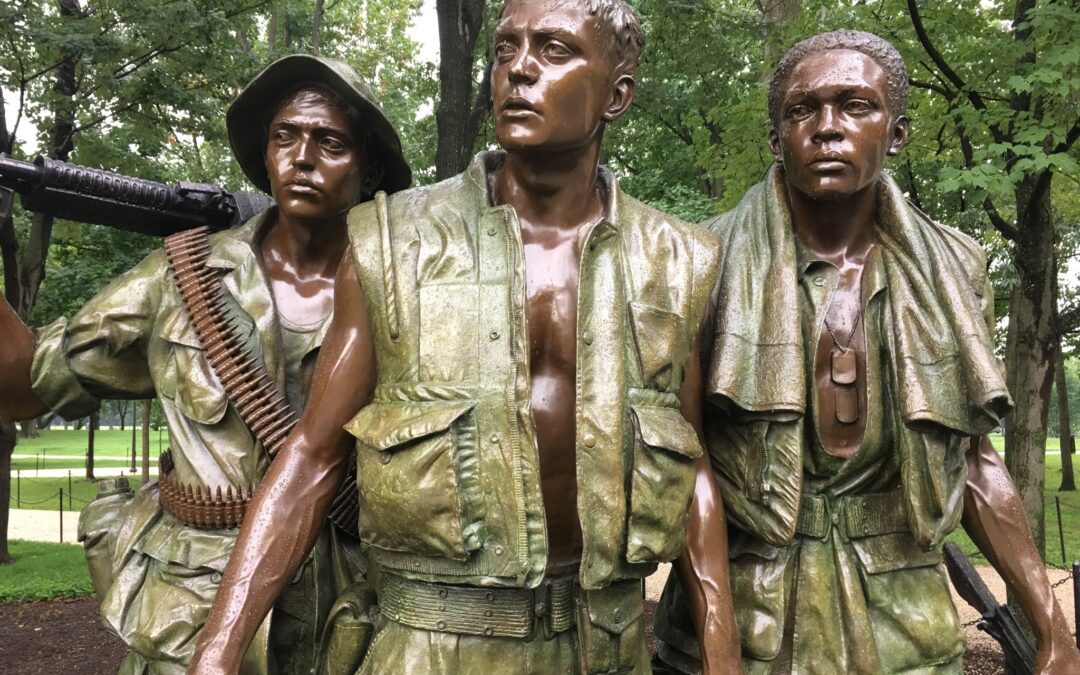When Jerry Shriver left the United States for Vietnam, the only reason he ever came home was because the Army forced him to get some R&R. Even then, Shriver spent his time stateside talking tactics with fellow soldiers and looking for weapons to use in his unconventional, often personal war against the communists of Southeast Asia. He earned the nickname "Mad Dog" from Radio Hanoi for his fierce raids into enemy territory, his ability to fight his way out, and his refusal to use long-barreled weapons, instead preferring a short-range fight. Jerry Shriver Became a Legend Before Disappearing It was when the Army believed it had located the communists' Central Office for South Vietnam – the long-hunted holy grail of enemy targets – inside Cambodia that Shriver met an uncertain fate. His name lives on as a fabled, legendary member of the Army's Special Forces, but sadly, his remains have never been recovered. Shriver joined the Army in his late teenage years, first becoming a...
